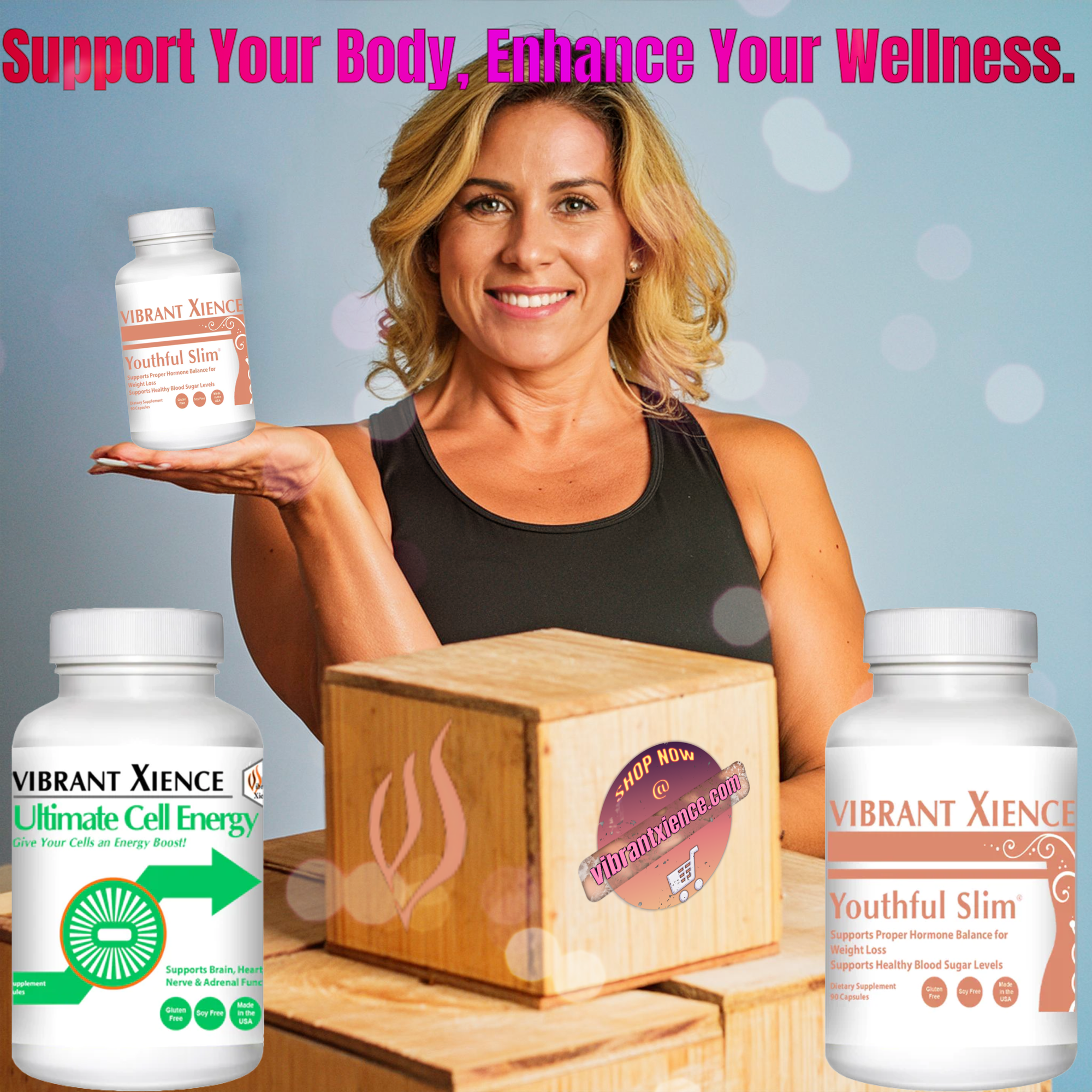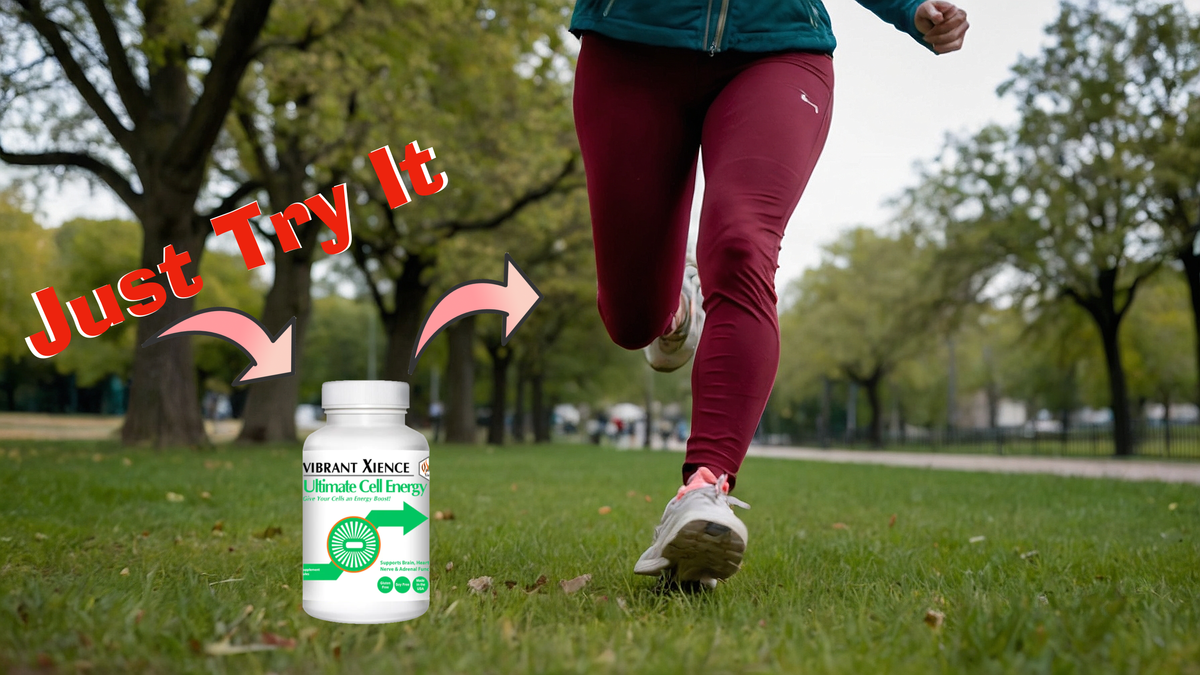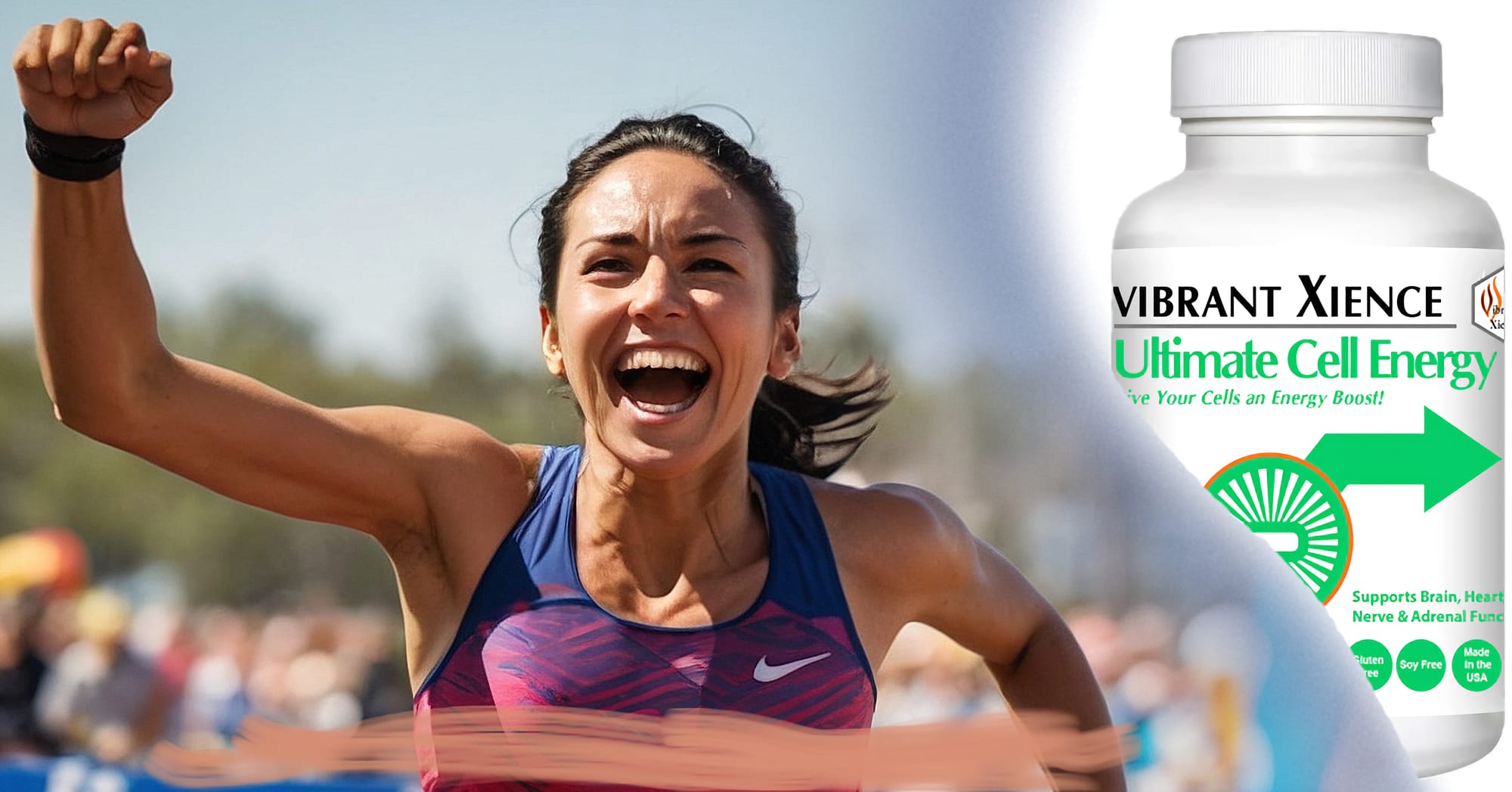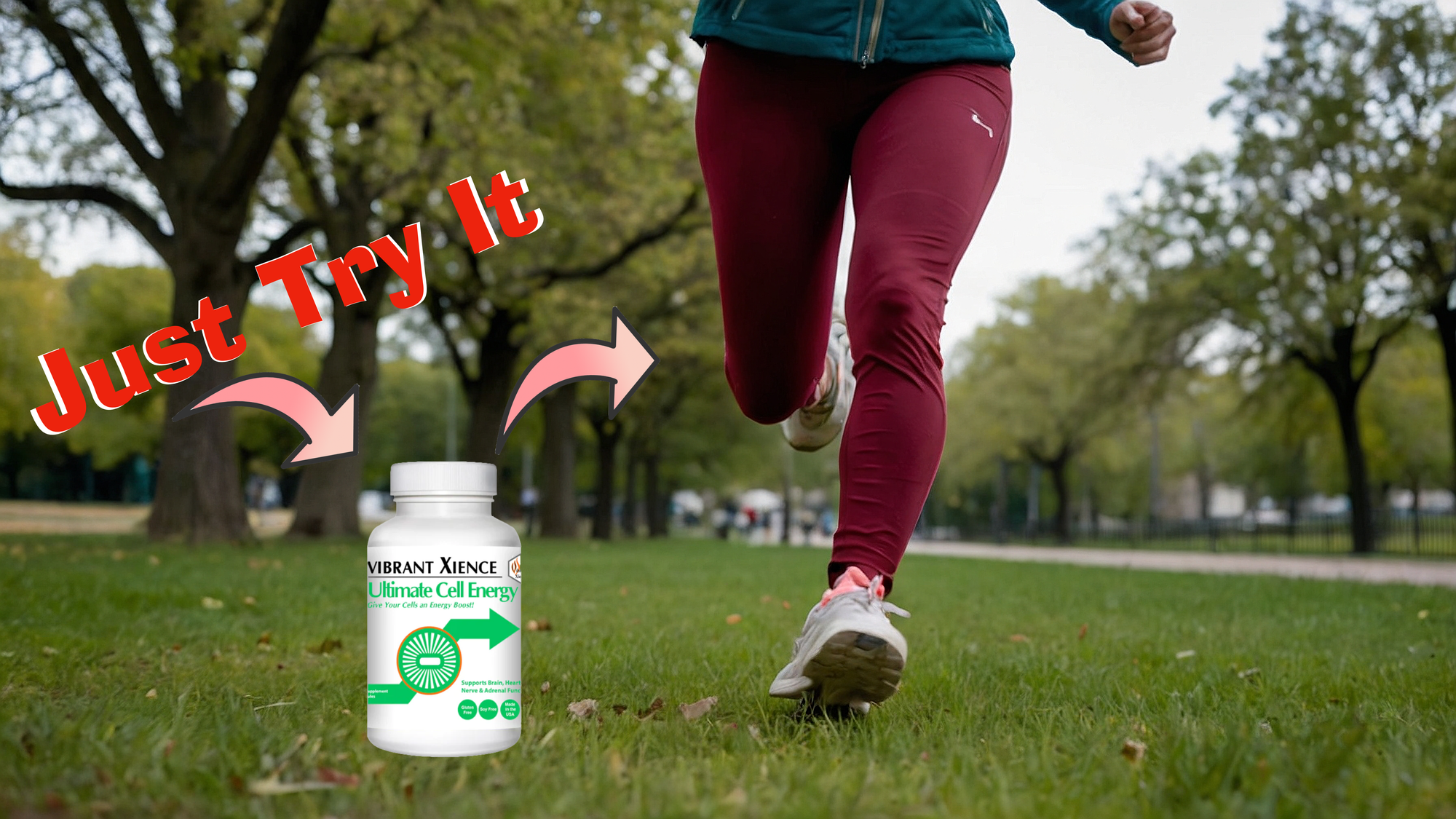In our pursuit of physical fitness and peak athletic performance, we often turn to dietary supplements with the hope of maximizing the benefits of our exercise regimens.
The allure of supplements promising enhanced endurance, quicker recovery, and increased muscle strength is strong, and for good reason.
Scientific research provides evidence that when used properly, certain supplements can indeed support these goals, contributing to improved sports and exercise outcomes.

Understanding the intersection of nutrition and exercise physiology is crucial for optimizing our training efforts. While the foundation of any fitness program relies on structured workout plans and appropriate rest, integrating targeted nutritional strategies can provide the catalytic effect that we seek.
With a myriad of options available, from protein powders to vitamins and minerals, recognizing which supplements have a scientifically-backed potential to enhance our performance can set us on a path to more effective workouts and better results.
Check out what my own Squawk box has to say...
Selecting the right supplements requires a discerning eye, as not all products on the market carry the same level of efficacy or safety. It's important to consider research that examines the impact of supplements on sports performance, such as studies exploring the ergogenic effects of specific dietary aids on endurance exercise performance.
By educating ourselves on these nutritional interventions, we ensure that our fitness journey is not only fueled by hard work and dedication but also by informed choices that benefit our overall health and exercise efficiency.

Components of an Effective Fitness Nutrition Plan

When crafting our fitness nutrition plan, our primary goal is to ensure that we are fueling our bodies with a balanced combination of nutrients crucial for health, energy metabolism, and exercise recovery. Here's a snapshot of the key components:
- Proteins: Essential for muscle repair and growth. Good sources include poultry, legumes, and proteins of animal origin.
- Fats: Necessary for hormone production and energy. Focus on unsaturated fats from nuts and fish.
- Carbohydrates: Our main source of energy. We opt for complex carbs like whole grains and legumes for sustained fuel.
- Vitamins and Minerals: Micronutrients like vitamin B are vital for energy metabolism. A diet rich in fruits and vegetables can cover our needs.
- Dietary Supplements: Used judiciously, they can support a high-quality diet. However, they should complement, not replace, nutrient intake from food.
Phytochemicals from plant foods and adequate hydration are also part of our plan, contributing to overall health and optimizing body composition.
| Nutrient Group | Examples | Function |
|---|---|---|
| Protein | Poultry, Legumes | Muscle repair and growth |
| Fats | Nuts, Fish | Hormone production |
| Carbohydrates | Whole grains, Vegetables | Energy source |
| Vitamins | Fruit, Vegetables | Various cellular functions |
| Minerals | Leafy greens, Nuts | Bone health, Oxygen transport |
Consistency in our intake and timing are crucial elements we cannot overlook. We align our nutrition with our workout intensity and timing, ensuring that carbohydrate intake matches our energy demands.
The Science of Exercise and Supplementation
Exploring the crossroads of fitness and science, we uncover how specific supplements may bolster muscle growth, enhance physical performance, and offer health benefits when combined with regular exercise.
Optimizing Muscle Growth and Recovery
In our quest to optimize muscle growth and recovery, creatine stands out as a powerhouse. Multiple studies reveal that with resistance exercise, creatine not only boosts our ability to gain lean body mass but also accelerates recovery post-exercise. Coupled with adequate energy intake, creatine supplementation can significantly enhance muscle hypertrophy and strength.

Ultimate Cell Energy
Unlock your brain's potential with Ultimate Cell Energy. This unique formula is crafted to boost brain performance and maintain brain health, so you can stay sharp and focused every day.
Additionally, protein and carbohydrate supplementation immediately post-workout can support muscle repair and glycogen replenishment, crucial for recovery. These nutrients work in synergy to facilitate our muscles' adaptation to exercise, making them stronger over time.
Enhancing Physical Performance
Turning our attention to boosting physical performance, nitrate supplementation, often delivered through beetroot juice, has emerged as a key player in improving endurance. The ingestion of nitrates can lead to improved oxygen utilization during exercise, translating to better exercise performance and efficiency.
Moreover, carbohydrate gels or drinks consumed during prolonged exercise provide an essential fuel source to maintain athletic performance at high levels. Consistent carbohydrate intake during exercise prevents depletion of glycogen stores and wards off fatigue.
Long-Term Health Benefits of Exercise and Supplementation
Our long-term health is profoundly impacted by sustained physical activity and strategic supplementation. Exercise itself is a powerful stimulator of beneficial biomarkers related to cardiovascular health and metabolic functions. When exercise is paired with appropriate supplementation, these positive effects are often amplified.
For example, omega-3 fatty acids are known to support heart health and can enhance the benefits exercise imparts on our cardiovascular system. The evidence supports us in confidently stating that the intersection between exercise and supplementation can significantly contribute to our longevity and vitality, provided we navigate the regulatory challenges to choose safe and effective products.
Common Supplements and Their Impacts

In our fitness regimens, we often incorporate supplements to enhance our performance and recovery. Here's a look at some common supplements and the specific roles they play.
Protein and Amino Acids
Protein is fundamental for muscle repair and growth. It's often consumed in powder form or as bars, and our bodies break it down into amino acids which are then used to repair and build muscle tissue. Supplements like whey protein are popular post-workout options due to their fast absorption. Moreover, amino acids such as BCAAs (branched-chain amino acids) are essential for promoting muscle protein synthesis and reducing muscle soreness after exercise.
- Whey Protein: Quickly absorbed, supports muscle recovery.
- BCAAs: Comprise leucine, isoleucine, and valine; enhance protein synthesis.

Caffeine and Energy Boosters
Caffeine is widely recognized for its ability to enhance focus and energy levels. In the context of exercise, caffeine supplements or energy drinks can improve performance, particularly in endurance sports. We also see the use of creatine, which provides energy to our muscles and is particularly useful in high-intensity training.
- Caffeine: Improves alertness, can enhance exercise performance.
- Creatine: Supports muscular energy, benefits high-intensity activities.

Vitamins and Minerals
We cannot overlook the importance of vitamins and minerals in supporting overall health and exercise performance. For instance, Vitamin D and calcium are crucial for bone health. Vitamin C acts as an antioxidant, protecting our cells from damage. Additionally, dietary nitrate found in beetroot supplements can improve endurance by influencing blood flow and oxygen utilization in our muscles.
- Vitamin D & Calcium: Key players in maintaining bone density and health.
- Vitamin C: Protects cells from oxidative stress, supports the immune system.
- Dietary Nitrate: Enhances oxygen efficiency, supports endurance.
Dietary and Lifestyle Considerations for Optimal Fitness

To achieve optimal fitness, we must focus on both dietary and lifestyle choices that support overall health and fitness goals. Here, we outline key considerations:
Diet:
- Mediterranean Diet: Incorporate a diet rich in fruits, vegetables, whole grains, nuts, and fish, which are known to support cardiovascular health.
- Polyphenols and Vitamin C: Found in many fruits and vegetables, these compounds help scavenge reactive oxygen species.
- Probiotics and Fermented Foods: These can aid in maintaining a healthy microbiota, contributing to a better immune system response.
- Carbohydrate Intake: Manage intake to support your activity levels; it's crucial for fueling exercise and recovery.
Lifestyle:
- Water: Make hydration a priority to support metabolism and muscle function.
- Adequate Lifestyle: Ensure adequate sleep and stress management to prevent overtraining and chronic syndromes.
- Avoid Red Meat, Alcohol, and Sugars: Limit these to reduce the risk of non-communicable diseases.
Supplementation:
- Carefully select supplements such as omega-3 fatty acids or polyphenols to potentially offset dietary shortcomings without over-reliance.
| Lifestyle Factor | Recommended Action |
|---|---|
| Exercise | Regular, balanced routine including strength, cardio, and flexibility |
| Alcohol & Sugary Drinks | Minimize to protect against cardiovascular disease and cognitive decline |
| Processed Meat | Consume in moderation or opt for lean proteins |
| Nutrient Timing | Align food intake with activity levels for energy and recovery |
Our approach to fitness should include a diverse diet and consider the beneficial effects of timing our nutrient intake and choosing whole foods over processed options. We aim for a balanced consumption that steers clear of extremes, mindful of the impacts on adipose tissue, heart syndromes, and overall well-being. By integrating tailored dietary protocols with physical activity, we support a lifestyle conducive to health promotion and neurodegenerative delay.
I hope you enjoyed the article and the value I am trying to provide - if you have special requests or want to say HI, you know how to find me 🙋, till then stay Vibrant! 💕 💪🏼 🪞✨





